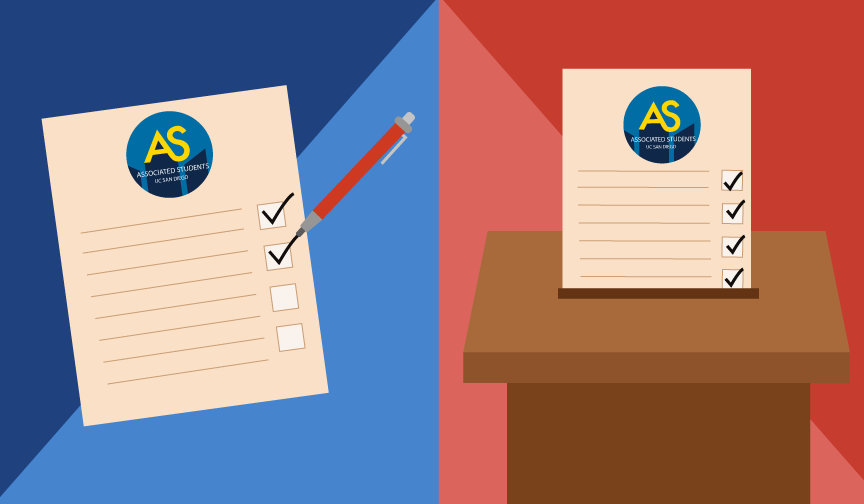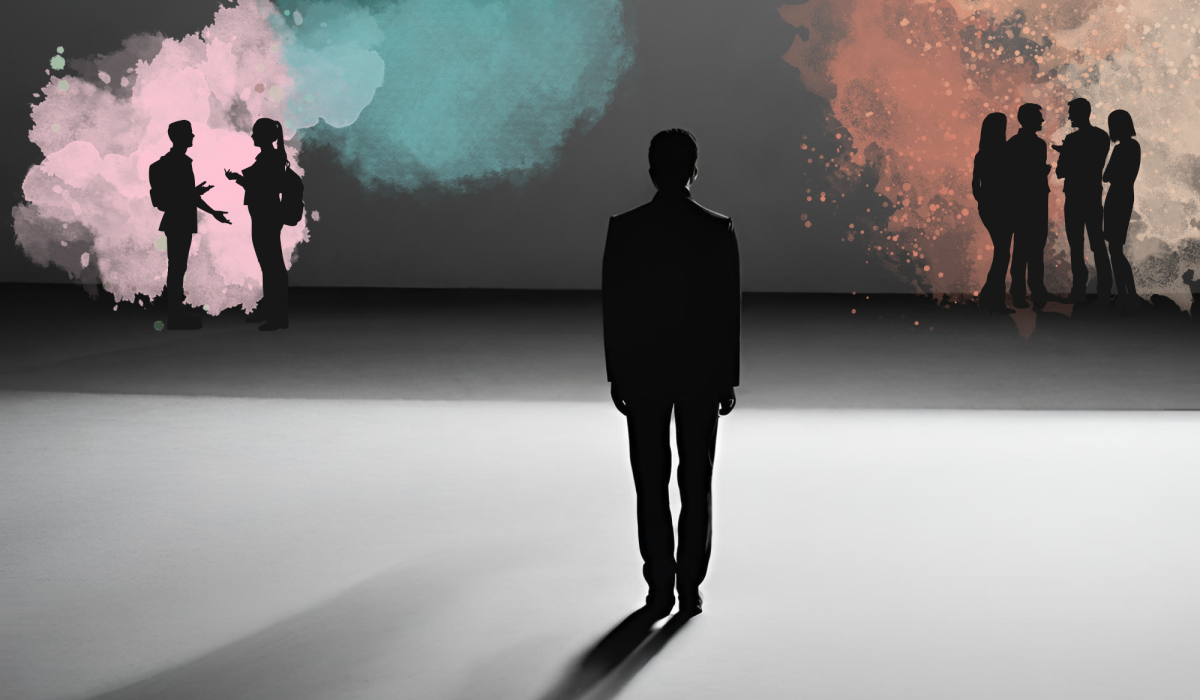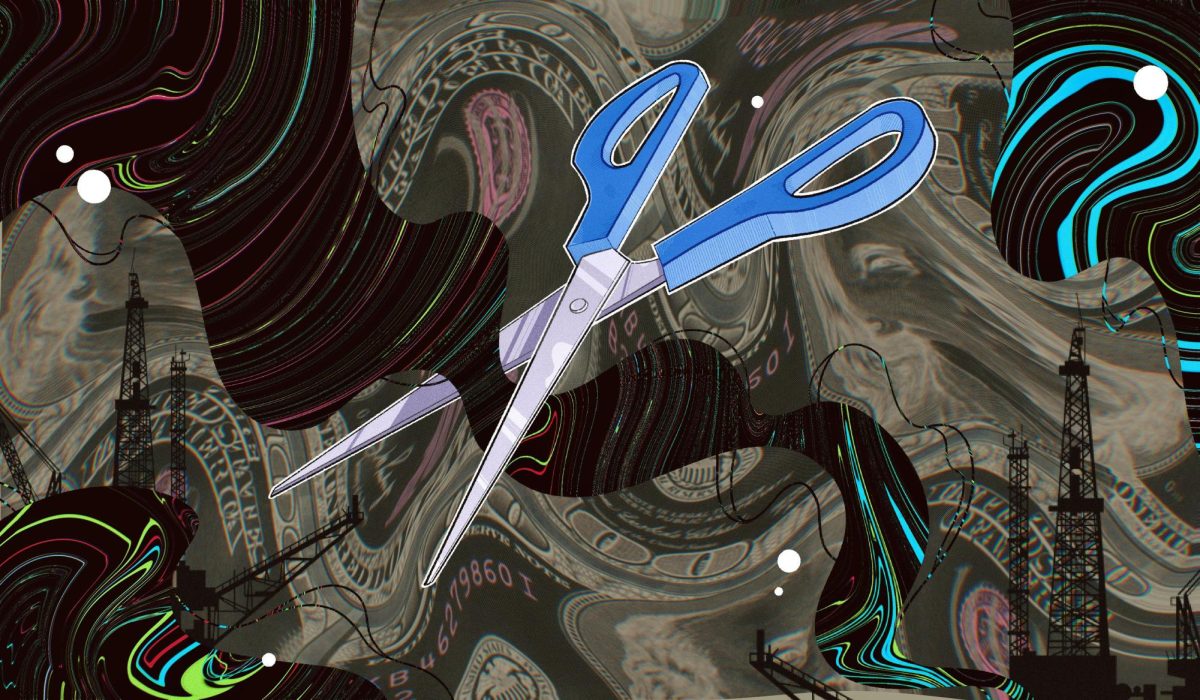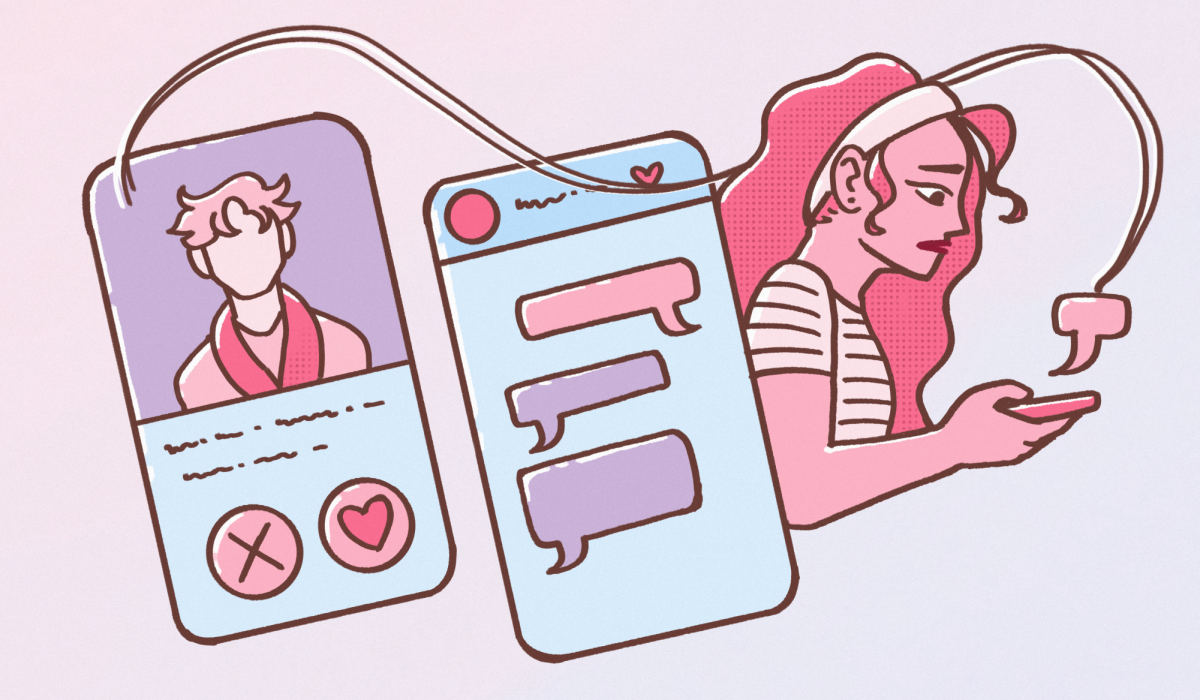A.S. Council and the Graduate Student Association recently passed a joint resolution calling on the Che Cafe to vacate its historic location, while also creating a committee to help the Collective become a more prominent part of campus. While it is great that the Che is collaborating with A.S. Council and the GSA, it important to recognize that the Collective’s identity is intertwined with the physical Che Cafe building itself. The Che Collective historically has been independent from university requirements because of its very nature. Although CHE stands for Cheap Healthy Eats, the building itself was named after Che Guevara, the Marxist revolutionary. The collective is not necessarily communist but the facility and organization represent a spirit of defiance to institutionalization in general. By removing the Che from the Cafe, the university is extracting what could be considered an uncomfortable part of history.
The resolution lists student safety as one of the primary reasons for the Che no longer being able to hold events in the facility. Last year, the University Centers Advisory Board took the Che facility repairs out of its budget on the basis that the costs were too high and student interest in the facility too low. While the resolution does recognize that maintenance on the space was deferred for a long period of time, both sides disputed the exact costs and which repairs were necessary.
Although the building may be technically safe in some ways, it does not mean that there isn’t the potential for students to be injured, since accidents can and do happen regardless of building codes. Furthermore, the Che Renovation Feasibility Report from the university states: “We do not see how this facility could be cost-effectively renovated to meet building codes and the university’s standards. The best use of this site then appears to be to raise [sic] the facility and build new from the ground up.” Whether or not this is true, the report illustrates a fiscal incentive the university could have in preventing the Che from returning to the original space. Also, a UCAB survey is denoted as the basis for the argument that students do not care about the Che and therefore the repairs to Che are not worth the costs.
The Che Collective and UCSD have had numerous altercations over the years and the situation has only escalated in the past decade. The Che prides itself in being an underground organization and the university has a hard time coping with that. The Che’s identity is nothing like other student organizations — it has never been in the Collective’s nature to appeal to big audiences, and that is exactly what the university wants them to do. With its tastes in music and its political orientation, the Che Collective has always been an easy target for the university, and this resolution is killing off the core identity of the Che.
While it is important for the Che to remain a student organization and have an active voice on campus, its original, counter-hegemonic flavor will undoubtedly be altered by the loss of its historic autonomy. Nonetheless, the collaboration between A.S. Council, GSA and the Che Cafe Collective ensures that the Che can at least continue to exist. Furthermore, if the Che achieves the metrics outlined in the resolution, it may be able to return to its original facility, provided safety repairs are made. The resolution, however, is only a recommendation and it is ultimately up to the university to decide what will happen to the facility itself. The question now is: Will the university continue its ongoing “fight” with the Che and take away its independence entirely, or will it be more lenient and allow it to become an active part of the student body like it was in the past?













